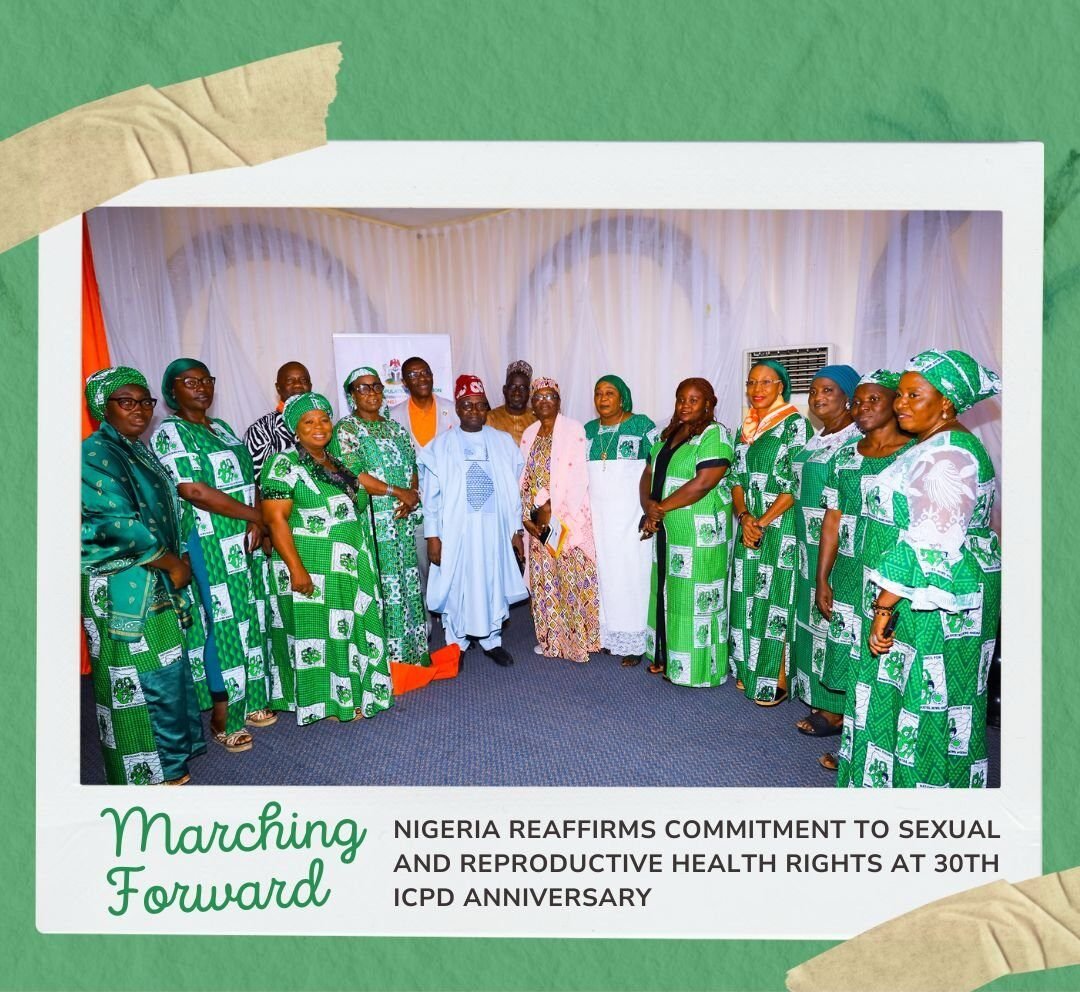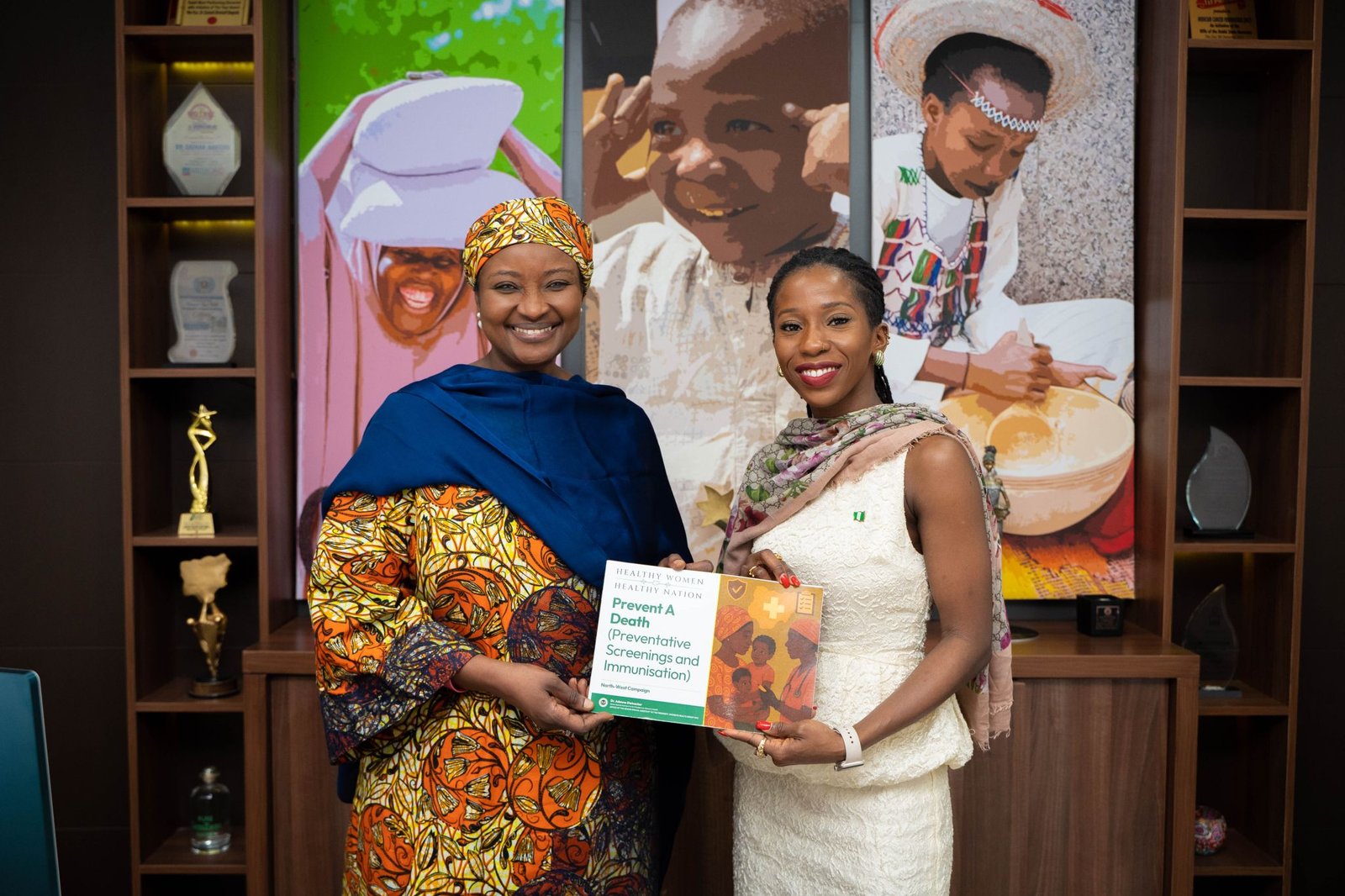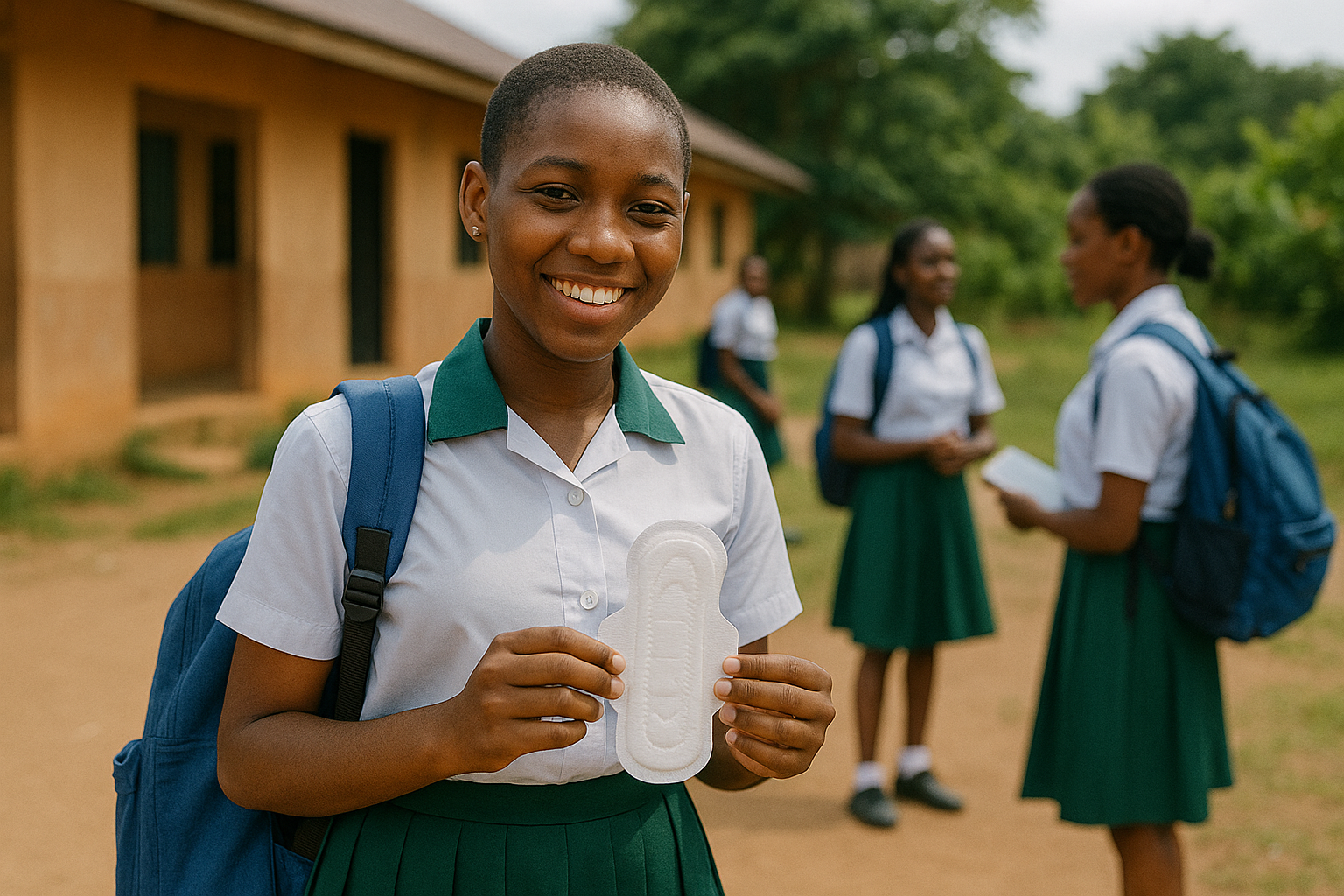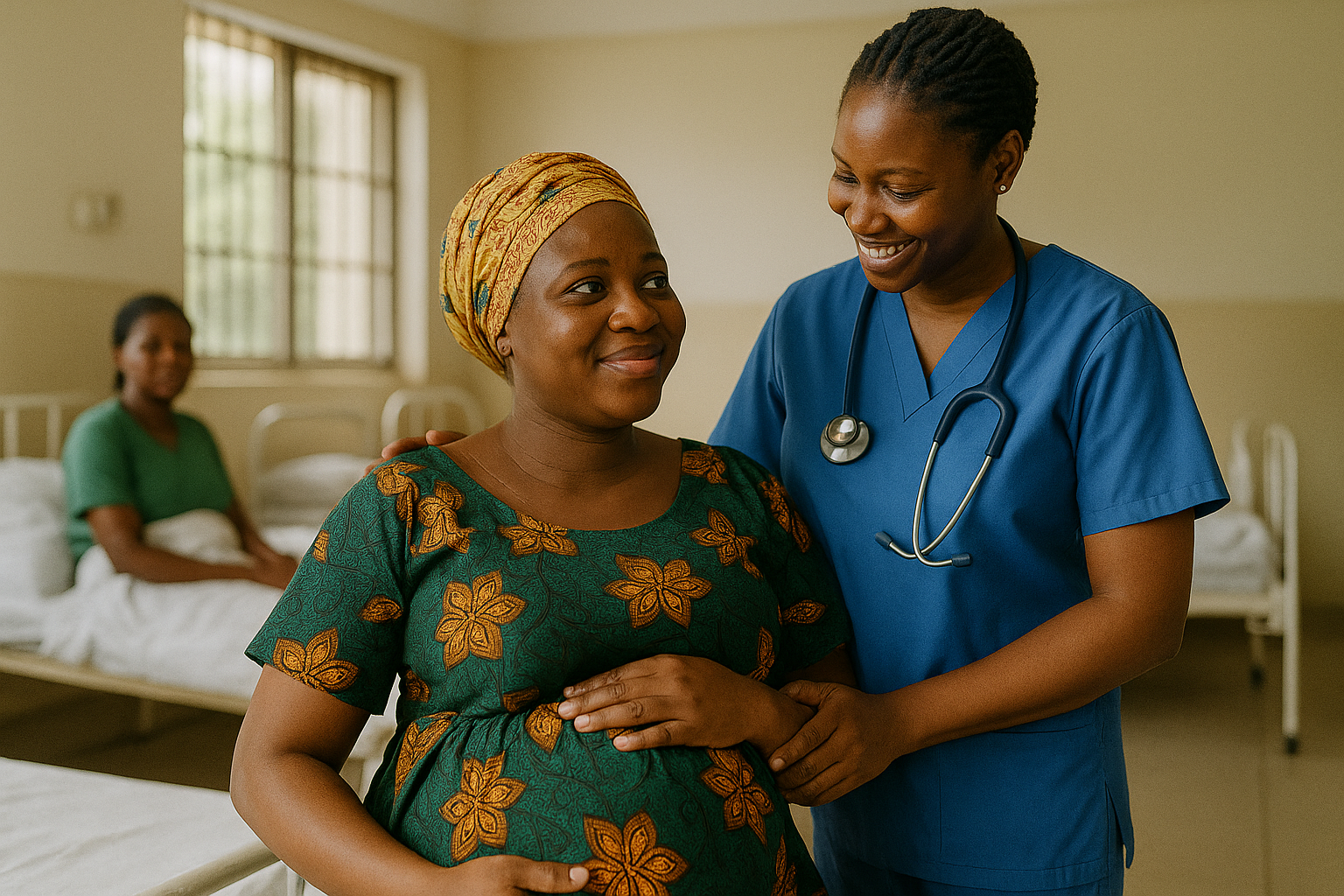In 2024, Nigeria committed to the agenda laid out during the International Conference on Population and Development (ICPD) that a nation’s prosperity is inseparable from the health and empowerment of its women and girls.
Over the past three decades, we have seen progress—investments in maternal and child health, strengthened policies addressing gender-based violence, and increased dialogue on reproductive rights.
However, deep-seated challenges still remain.
One critical obstacle is:
The delay in conducting a Population and Housing Census
This barrier hinders data-driven policymaking and resource allocation—especially for underserved women and girls who remain invisible in planning efforts.
Similarly, low adoption rates of family planning and gaps in emergency obstetric care continue to needlessly place countless lives at risk.
The path forward demands sustained investment in health systems, robust multi-sectoral partnerships, and an unrelenting focus on gender equity.
As the Hon. Minister of Women Affairs rightly pointed out during the conference, addressing these barriers is not just about healthcare—it is about creating an ecosystem where every woman has the resources, agency, and support to thrive.
The goal is clear:
Zero unmet need for family planning.
Zero preventable maternal deaths.
Zero gender-based violence.
Achieving this will require government, civil society, development partners, and communities working in lockstep to dismantle systemic barriers and champion inclusive policies that centre the lived experiences of women and girls.
Now is the time to prioritise women’s health as both a moral duty and an economic necessity.







